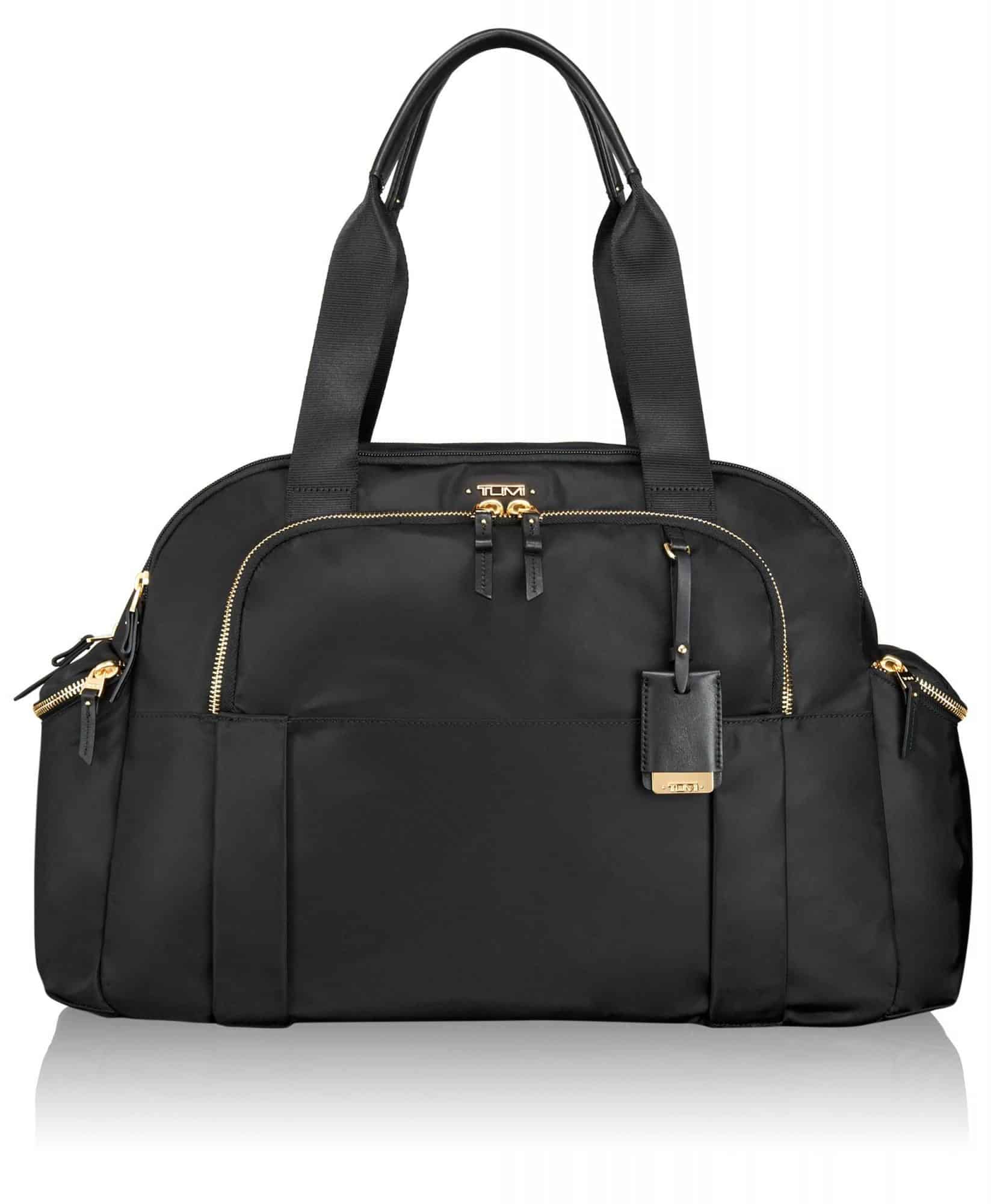
Tumi is a well-known brand in the travel industry, known for its high-quality travel bags, luggage, and accessories. Many people wonder whether Tumi can be classified as a luxury brand due to its premium pricing and reputation for durability and craftsmanship. In this article, we will delve into the factors that determine whether Tumi can be considered a luxury brand, including its history, product quality, brand positioning, and customer perception.
Tumi was founded in 1975 by Charlie Clifford, a Peace Corps volunteer who was inspired by his time in Peru. The brand originally focused on producing soft, functional luggage, but it quickly expanded its product range to include business cases, backpacks, and other travel accessories. Over the years, Tumi has gained recognition for its innovative designs, use of high-quality materials, and commitment to durability.
One of the key factors in determining whether a brand is considered luxury is the quality of its products. Tumi has built a reputation for exceptional quality and craftsmanship. The brand uses premium materials, such as ballistic nylon and full-grain leather, to ensure durability and longevity. Tumi’s products are also known for their attention to detail, with features like reinforced stitching, smooth zippers, and sturdy hardware. These qualities contribute to the perception of Tumi as a high-end brand.
Brand positioning is another important aspect when evaluating whether a brand is considered luxury. Tumi has positioned itself as a premium brand in the travel industry, targeting affluent customers who value quality and style. The brand offers a wide range of products, including luggage, backpacks, briefcases, and accessories, catering to the needs of frequent travelers and business professionals. Tumi’s emphasis on functionality, innovation, and design sets it apart from more budget-friendly competitors, reinforcing its position as a luxury brand.
The pricing of a brand’s products is often a defining factor in determining its luxury status. Tumi products are generally priced higher than those of mainstream luggage brands. The brand’s commitment to using high-quality materials and its reputation for durability contribute to the higher price point. While Tumi products may be more expensive than some other luggage options, customers are willing to pay the premium for the assurance of quality and the status associated with owning a Tumi product.
Customer perception plays a significant role in defining a brand as luxury. Tumi has cultivated a loyal customer base that appreciates the brand’s commitment to quality and craftsmanship. Owning a Tumi product is often seen as a status symbol, as it is associated with luxury travel and a sophisticated lifestyle. Tumi’s customers value the brand’s attention to detail, functionality, and durability, which further solidifies its luxury status in the eyes of consumers.
Based on its history, product quality, brand positioning, price point, and customer perception, Tumi can be considered a luxury brand. The brand’s focus on craftsmanship, innovative designs, and use of premium materials sets it apart from more budget-friendly competitors. Tumi’s commitment to quality and its ability to cater to the needs of affluent travelers and business professionals have solidified its position as a sought-after luxury brand in the travel industry.